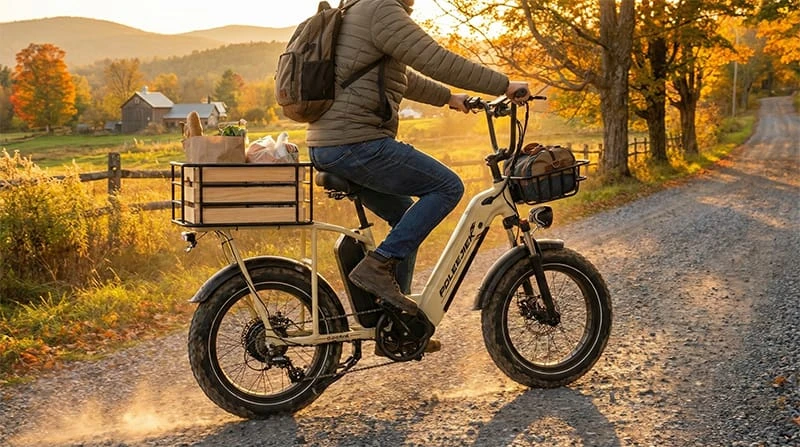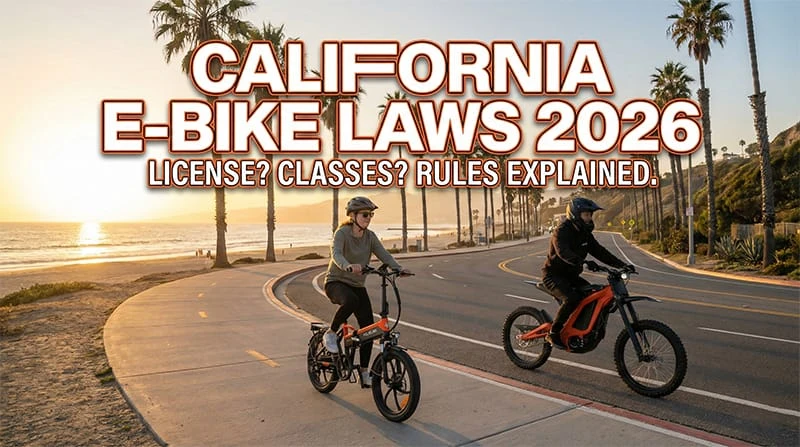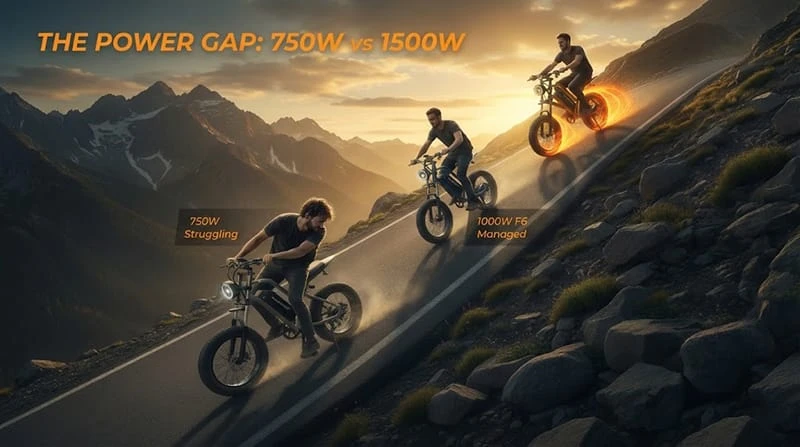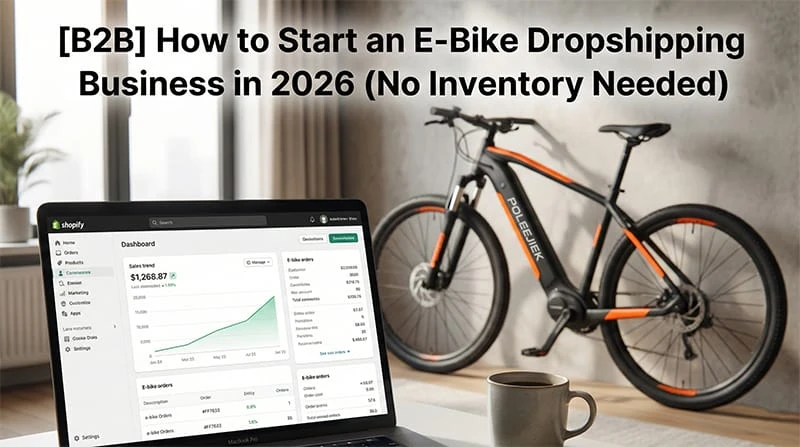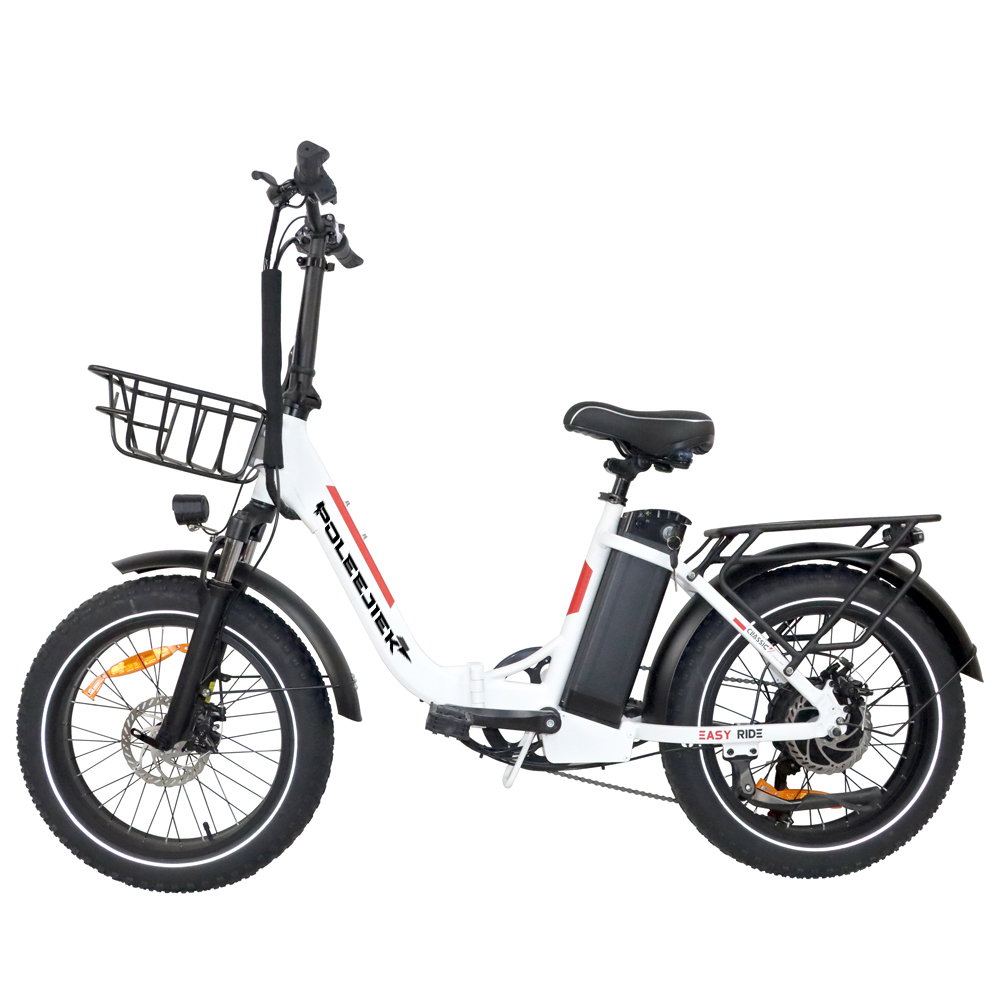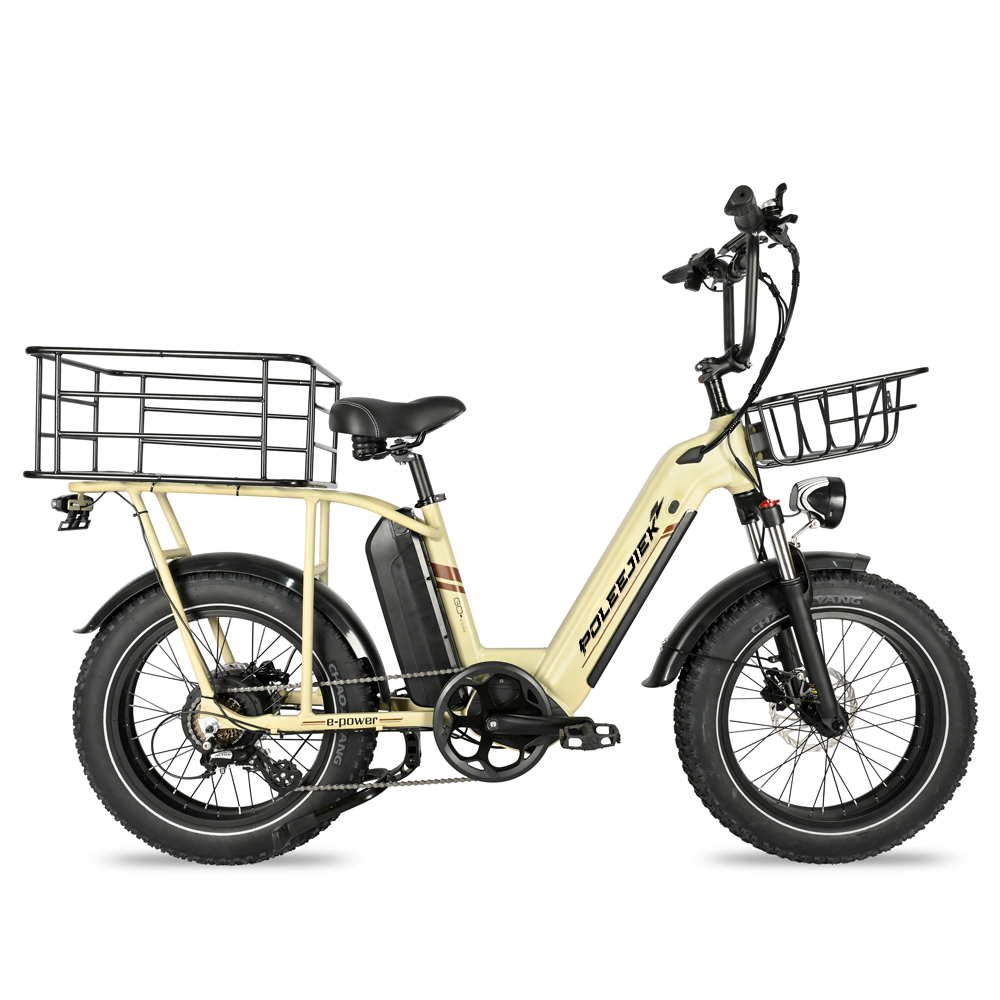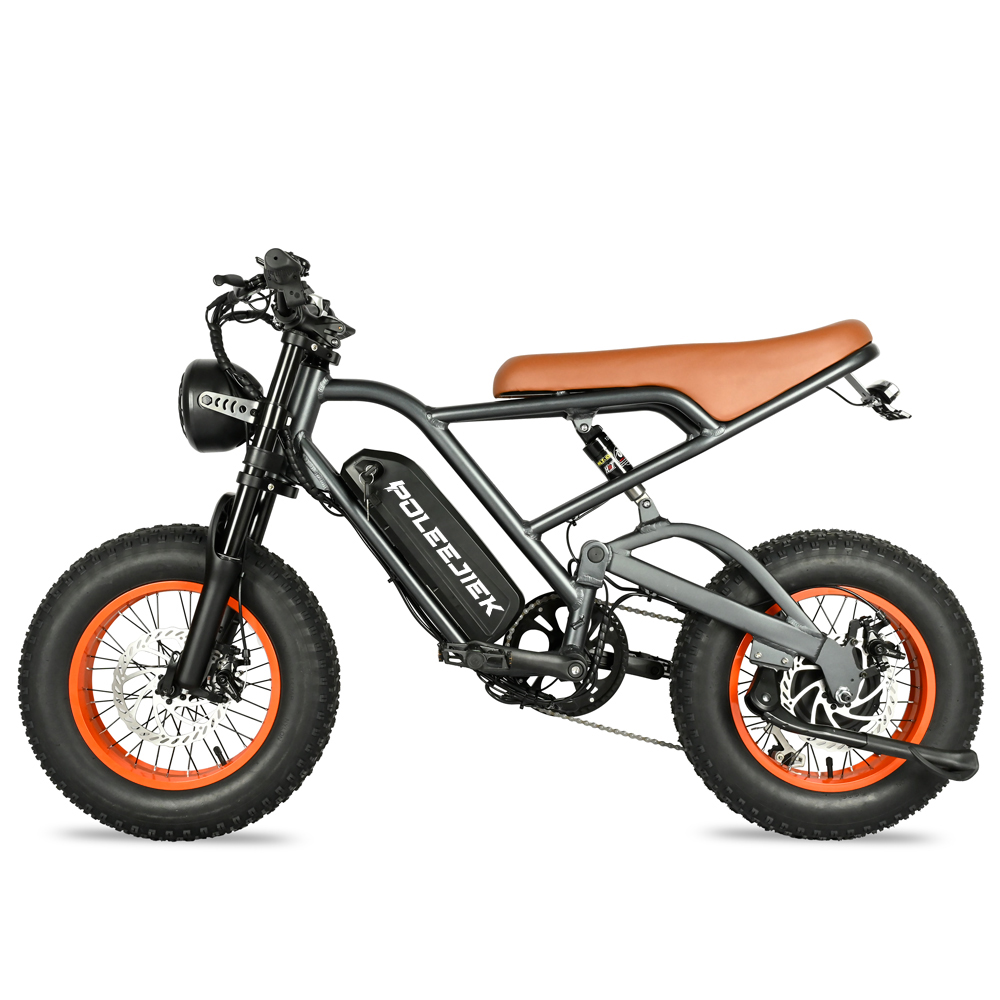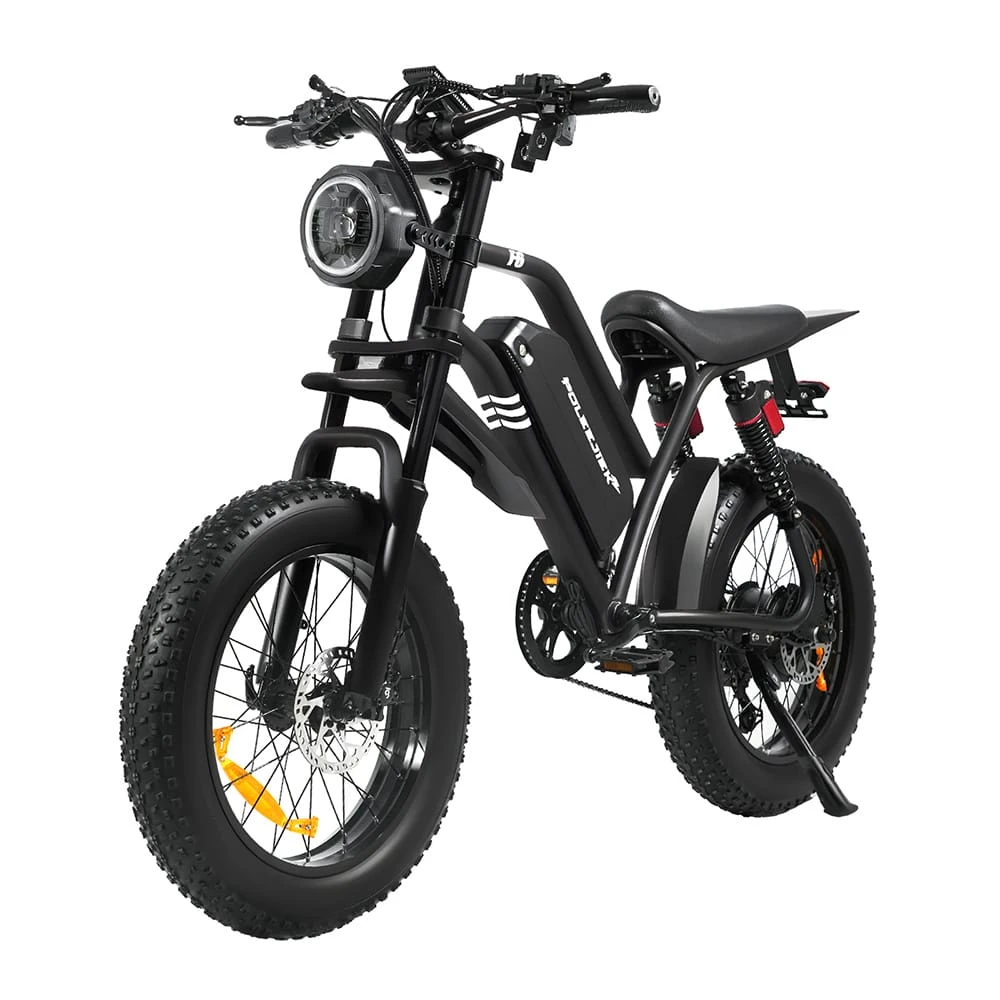EU-Indonesia CEPA: New E-Bike Trade Rules & Tariff Cuts
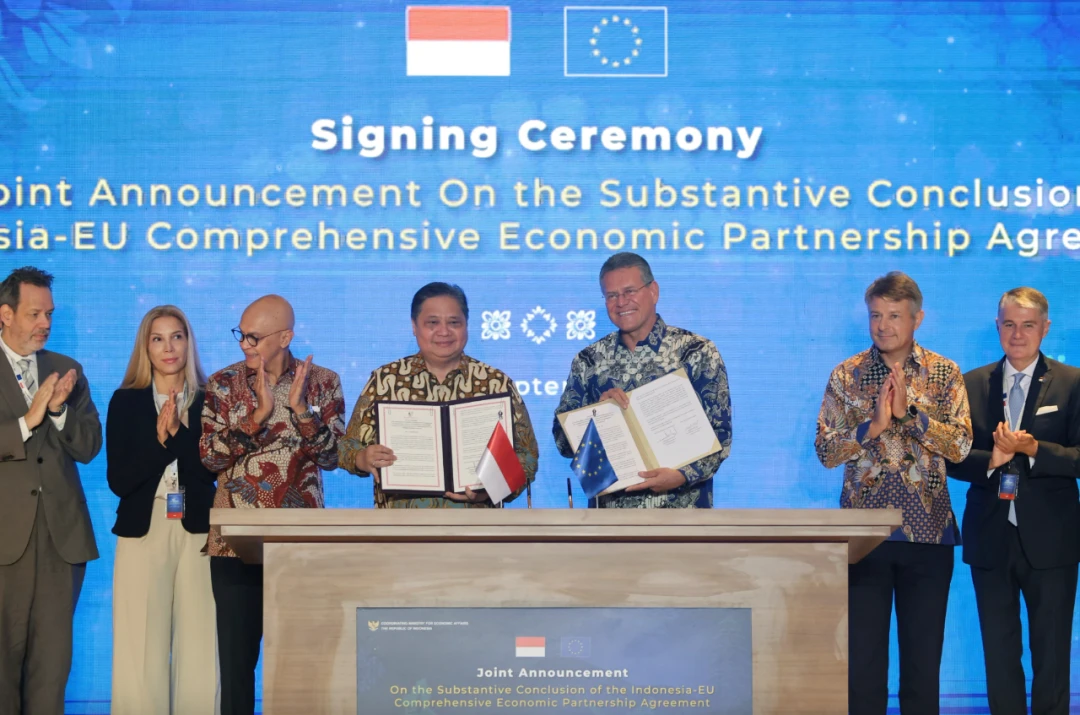
After nine years of negotiations, the European Union and Indonesia have formally concluded the Comprehensive Economic Partnership Agreement (CEPA).
According to the agreement, both parties will gradually eliminate import tariffs on the vast majority of goods and further simplify trade procedures. This will create a more convenient import-export environment for businesses in both regions. The European Commission pointed out that the agreement will remove import tariffs on 98.5% of tax lines and provide priority access for EU companies to Indonesia's market of 283 million people.
Key Takeaways
-
The EU and Indonesia have finalized a CEPA, which will remove 98.5% of import tariffs.
-
Specific "Rules of Origin" for bicycles and e-bikes are included, setting limits on non-origin materials.
-
For the first 10 years, bikes can contain up to 55% non-EU/Indonesian parts (dropping to 50% afterward).
-
The rules apply to all categories, from standard e-bikes (≤250W) to powerful cargo bikes and even high-performance models like an ebike 40 mph.
-
The agreement includes legally binding sustainability and labor (ILO) standards, which could favor EU producers who have already invested in this area.
-
The implementation timeline is still under legal review and must be ratified by the EU Council, Parliament, and Indonesia.
Rules of Origin: 55% Non-Origin Parts
The section on Rules of Origin specifically mentions bicycles, motorcycles, and their parts and accessories. To qualify for zero-tariff treatment, products must meet specific conditions regarding their material origin.
For the first 10 years, a bicycle can contain a maximum of 55% non-EU or non-Indonesian materials. Starting from the 11th year of the agreement, this threshold will be reduced to 50%. Parts and accessories can contain a maximum of 50% non-EU or Indonesian-origin materials or components.
These same rules apply to standard electric bicycles (≤250W), as well as other electric bikes and cargo bikes. The motors and batteries for e-bikes are also covered under this agreement, a crucial detail for manufacturers of everything from a vintage e bike to a powerful adult electric dirt bike.
Timeline and Impact on SMEs
It is not yet clear when the zero tariffs will take effect. The agreement was finalized on September 23rd and stipulates that new tariffs will be phased in over zero to 15 years. For bicycles, this period might be 5 years. However, the implementation timeline section of the agreement is still under legal review and has not been published.
The European Commission stated that eliminating regulatory barriers and increasing transparency will help reduce costs, simplify procedures, improve efficiency, and provide business certainty and a stable regulatory environment. This is especially beneficial for SMEs, which have fewer resources to handle these issues.
This clarification is vital for importers of products like cheap electric dirt bikes for adults, who depend on clear tariff schedules. The agreement also includes provisions for customs and trade facilitation.
Sustainability and Labor Standards
The agreement also contains clauses on sustainability and social and environmental standards, which could impact the bicycle industry.
For example, the agreement requires respect for the core principles of the International Labour Organization (ILO), such as the elimination of all forms of forced and compulsory labor and the provision of a safe and healthy work environment.
The European Commission stated that commitments on trade and sustainable growth are legally binding and can be enforced through the agreement's dispute settlement mechanism. If there is a persistent violation of commitments, trade relief measures are envisioned as a last resort.
Ultimately, this agreement may benefit European producers who have already invested in "sustainability" as a competitive advantage. To take effect, the agreement must be passed by the EU Council and Parliament, and also be ratified by Indonesia.
|
EU-Indonesia Trade Facts |
Details |
|---|---|
|
Indonesia Population |
283 million; largest economy in ASEAN |
|
2024 Bilateral Goods Trade |
€27.3 billion |
|
EU Imports from Indonesia (2024) |
€17.5 billion |
|
EU Exports to Indonesia (2024) |
€9.8 billion |
|
EU Trade Partner Rank |
5th largest trade partner for Indonesia |
FAQ
When will the zero tariffs for e-bikes begin?
The exact timeline is not yet known. The agreement is under legal review, but the tariffs are expected to be phased in over a period of 0 to 15 years, with a potential 5-year timeline for bicycles.
Does this agreement help determine if e-bikes are street legal?
No. This agreement simplifies trade and tariffs but does not define local laws. The question "are e bikes street legal" is still determined by individual EU member states or local laws, which regulate things like speed (e.g., electric bike 30 miles per hour) and motor power for any street legal electric bike.
What bike parts are covered by the Rules of Origin?
The rules apply to complete bicycles, e-bikes, cargo bikes, and motorcycles, as well as their specific parts and accessories. This explicitly includes key components like electric motors and batteries.



